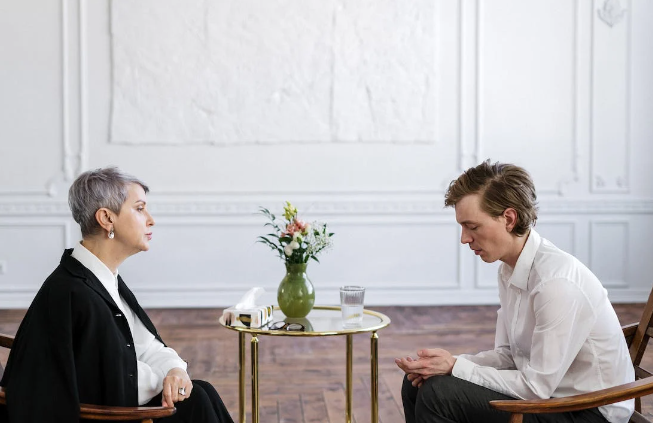If you are going through a divorce, then divorce mediation can make a huge difference to the process. By opting for mediation in divorce, you can make the difficult decisions much easier, and ensure that all parties are satisfied with the outcome of all issues. Keeping things amicable and seeking resolutions outside of a courtroom is better for all parties. An amicable divorce is the best option to pursue and can help you deal with the impact of divorce much better. Our article below explores all the benefits that divorce mediation provides.
Why you should consider divorce mediation
Divorce can be complex, and there are many internal and external factors to arrange. This is further complicated if there are children involved, so you want to consider the best strategy to adopt in order to achieve an amicable divorce. Divorce mediation can cover issues like child arrangements, child support, division of assets, and spousal maintenance. It eradicates the need for legal procedures that can end up incurring more stress and more costs for all involved parties.
The mediator’s role
The role of a mediator is to act as a neutral third party, listening to the concerns and views of both parties. As divorce often involves delicate, sensitive discussions to find suitable resolutions, a mediator provides clarity and clear thinking for you both. Essentially, decisions that are taken at this juncture will define and shape the future for both of you, and it is likely that not all things will be agreed upon initially.
Where a solicitor and a mediator differ is in legal terms – a solicitor will advise on the legal aspects of your case. A mediator is there to provide a safe space for both parties to agree on the best outcomes and avoid court proceedings if possible.
Advantages of mediation sessions
Mediation provides an open platform for discussions between both parties about complex situations, such as child custodial arrangements and who is expected to receive what in terms of assets. Finite issues such as arrangements during school holidays, Christmas, and schooling arrangements can also be incorporated into mediation.
Anything that you feel is worthy of being included can be decided with the intervention of a mediator. Incorporating every issue, no matter how major or minor, is the best way to resolve any dispute. Sometimes during divorce, it isn’t beyond the realms of possibility that bitter feelings still exist, and a situation is manipulated by an individual to gain the upper hand. By having open, honest communication throughout and from the outset in mediation sessions, you can minimise the potential for this to occur.
Whilst communication may have broken down between both parties personally, a mediator can help bridge the communication gap. The best way to move forward is to communicate properly, and the assistance of a mediator can provide just that, helping you to forge a civil post-divorce relationship.
Above all, neutrality is the core component a mediator can provide, and the benefits this brings are untold. The independent nature of a mediator means you stand a much better chance of reaching an amicable divorce with both sides being represented fairly and equally. Divorce mediation is about conflict resolution, helping all parties move forward and securing the future so that all parties can look ahead and begin the next chapter of their lives.
How long does mediation take?
A simple answer to this is that there is no defined time period or number of mediation sessions. The process will naturally unfold and take as long as it needs to. Depending on the circumstances within your personal situation can determine how lengthy or protracted the mediation stage is. A good divorce mediator will allow as much time as is needed, rushing either party is not conducive to a satisfying outcome for either.
If you manage to come to agreements before mediation sessions commence, this can quicken the process to some degree. However, be prepared to discuss other issues you may not have thought of prior to mediation, as in some instances, there can be things that arise that haven’t been considered beforehand. If certain issues result in conflict and remain unresolved, it is advisable to leave these for mediation sessions.
Divorce mediation with Cath Karlin Family Law
If you’re considering divorce mediation in Scotland, Cath Karlin Family Law can help. Cath Karlin is a CALM and accredited mediator with over 25 years of experience in helping those divorcing in resolving their issues and disputes outside of a courtroom.
If you require further information in relation to this and want to discuss the options available to you, then please don’t hesitate to contact us, and we will do all we can to ensure an amicable divorce for all parties.








